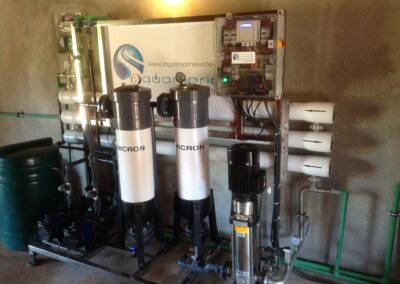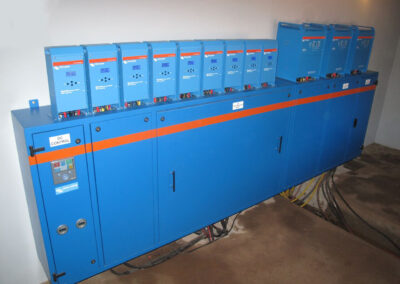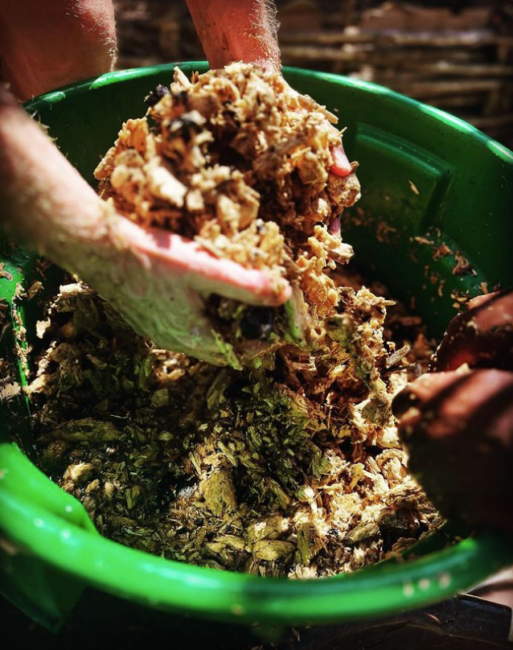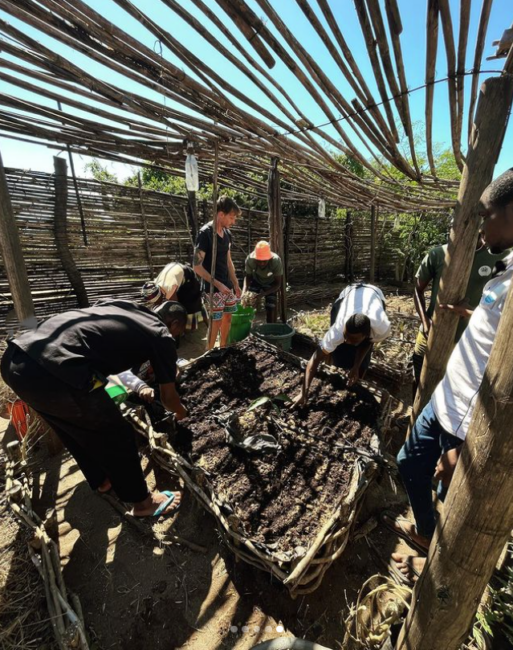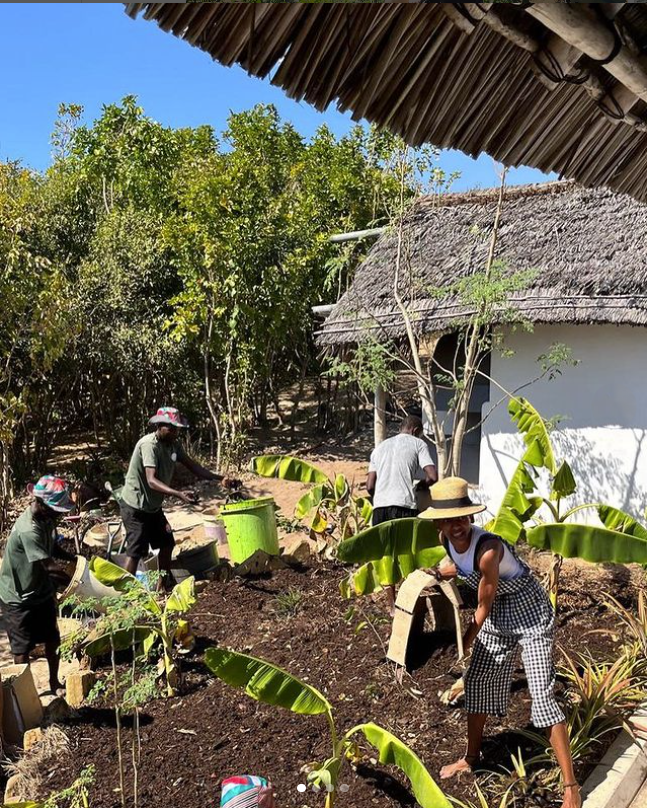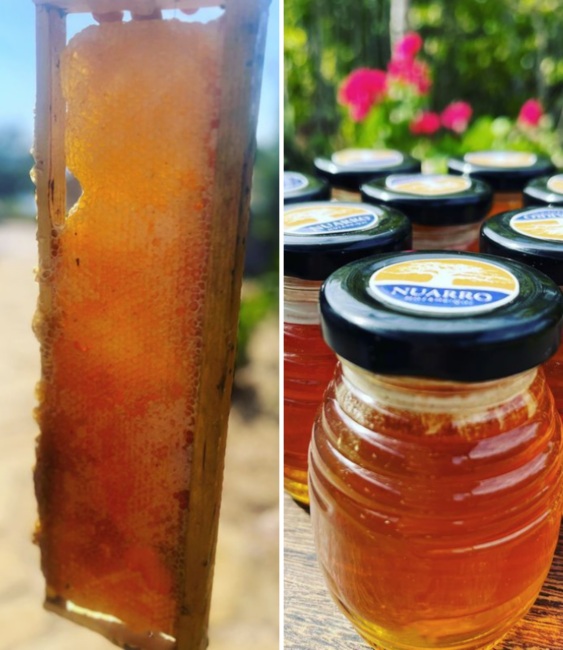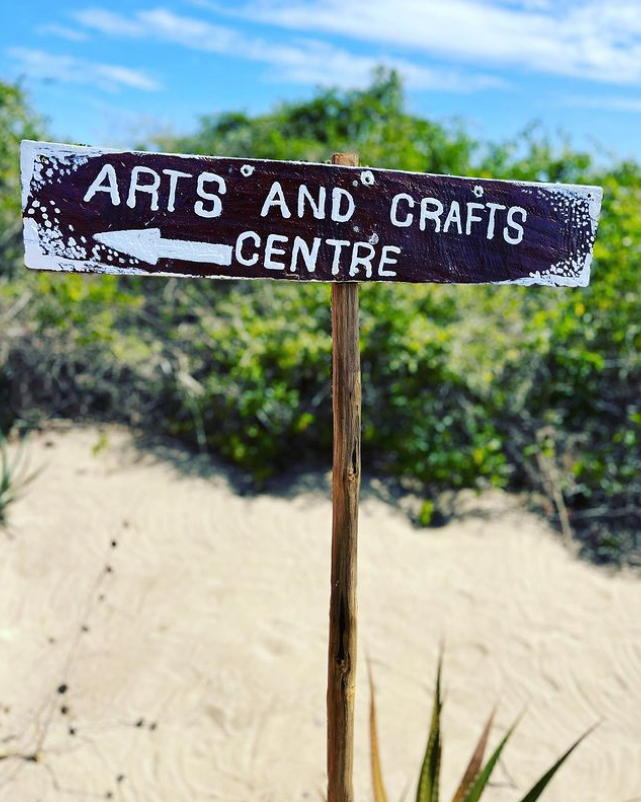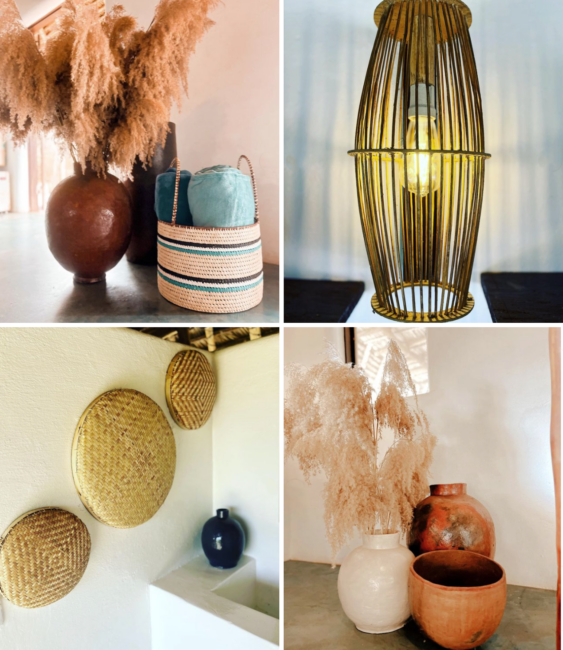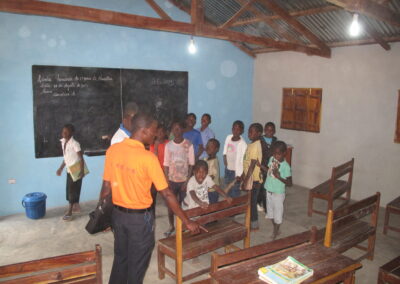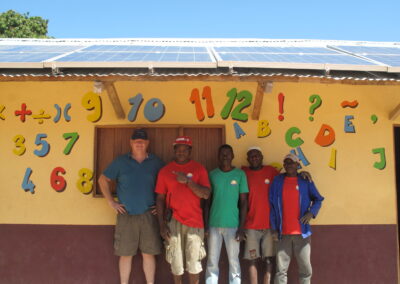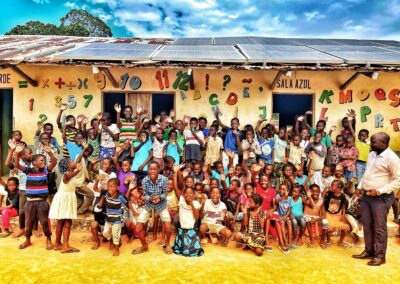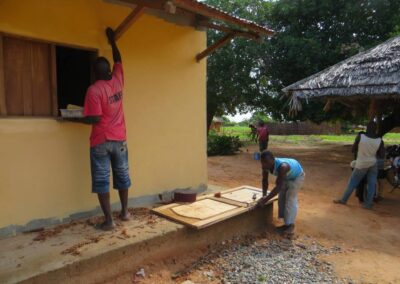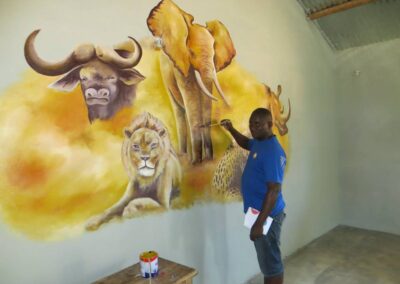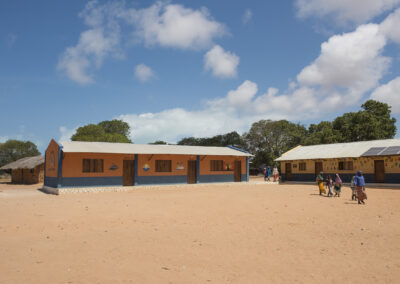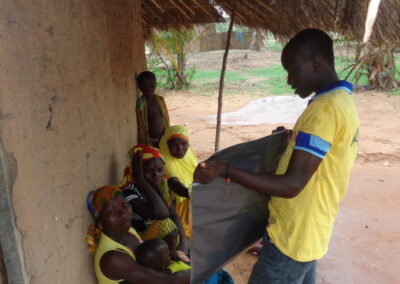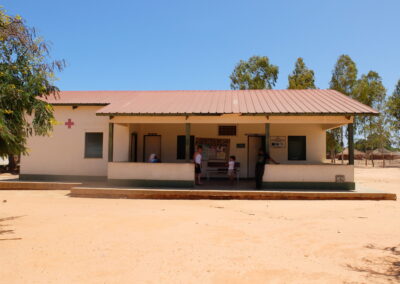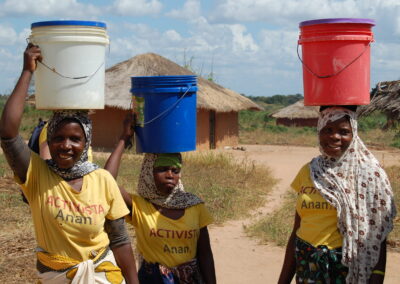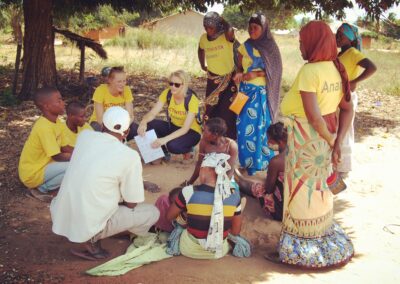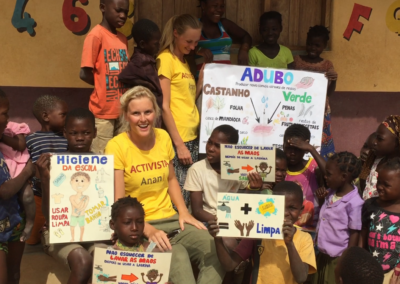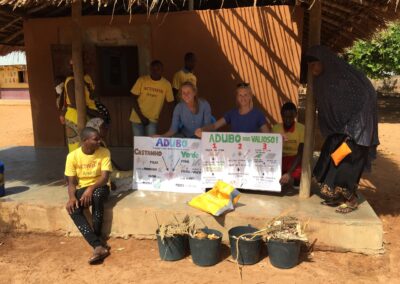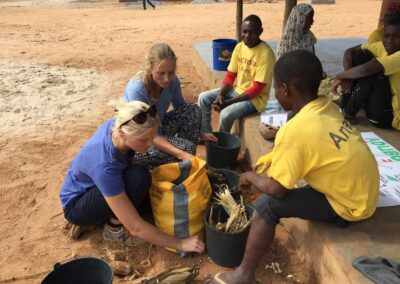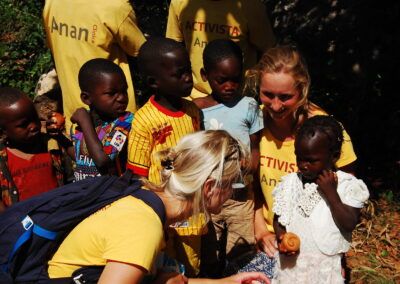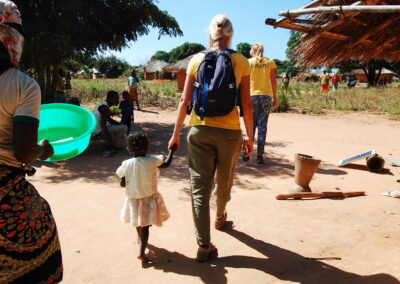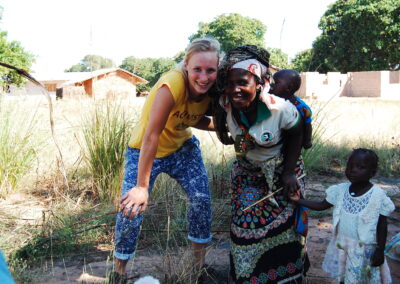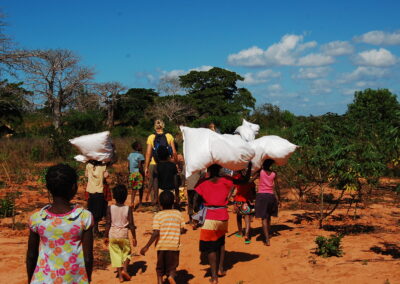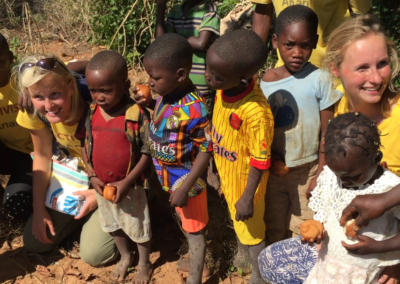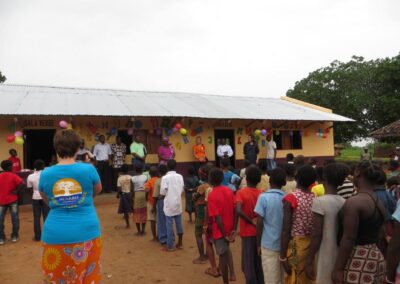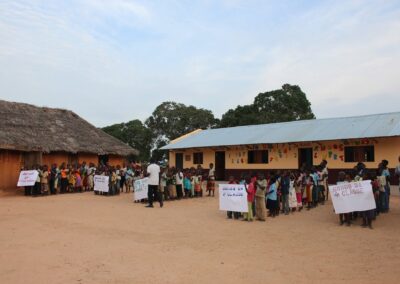Planet. People. Protect.
From the start
Built with future generations in mind
pump, water treatment plant, the diving compressor, the
cold- and freezer rooms, fridges and other restaurant and
bar equipment.
A dry sanitation and gravity feed water system reduce
both energy and water use, and impact on the
environment.
A water purification plant cleans the borehole water to
ensure safe drinking water (bottled water is
discouraged), and hot water is produced with
decentralized solar heaters.
Committed to our eco ethos
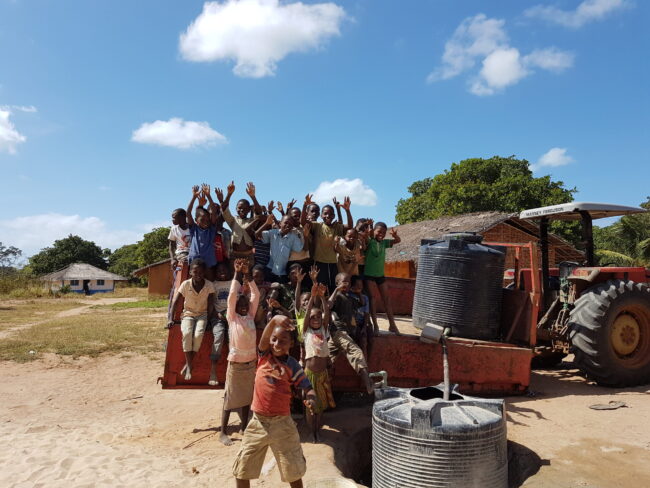
- Built 2 school buildings to accommodate around 500 children
- Built a Community Centre
- Provided the school with a solar system so that they have light for evening activities
Community Projects
- ANAN Clinica charity created by Nuarro’s owners to provide healthcare information and support (strong focus on family planning and education of new mothers)
- Built a treatment system at ANAN Clinica to provide clean, safe drinking water for the village and children at the school
- Built a maternity clinic, provided it with necessary equipment and refurbished old equipment
Volunteers
The first objective of Anan Clinica was to provide the community of Nanatha with an education program on health subjects to improve knowledge about health, hygiene, and common diseases within the first year.
The program was set up by organizing a Village Health Committee (VHC) consisting of 15-20 people (the activistas). They are volunteers and had to get trained on subjects such as malnutrition, diarrhea, hygiene, malaria, Sexually Transmitted Diseases, HIV/AIDS, and family planning.
These problems cause the highest rates of mortality and morbidity and are relatively easy to prevent. The VHC is responsible for passing this knowledge over to community mothers.
Medical volunteers are supported by Anan Clinica and come under the following criteria:
Minimum age of 21, at the end of their bachelor’s or starting their master’s degree (including people taking a gap year), minimum availability of two months, enthusiastic and open-minded, fluency in English (some understanding of Portuguese a bonus)
Volunteers:
Relevant experience in the fields of education, water, agriculture or finance, minimum availability of two months, enthusiastic and open-minded, fluency in English (some understanding of Portuguese a bonus)
Village Families Supported
Past Volunteers
A very happy moment!
Nuarro Lodge &
iDE Mozambique
iDE is excited that Nuarro Lodge is the first recipient of a grant from the Resilient Coastal Communities project
– November 30, 2023
So what’s it about?
In a traditionally dry and resource-scarce area, growing conditions are extremely challenging. In order to survive, local inhabitants have cleared land of any viable plants and trees in order to plant kasava, their staple food source and a hardy grower.
This has resulted in depleted soil, erosion and nutrition lacking in substance.
When the concession around Nuarro was then a focus for deforestation by desperate inhabitants, we decided that education would be better than admonishment and so the idea was born.
After a rigorous entry process, whereby our proposal was scrutinised and tested, Nuarro was finally successful in receiving the grant in order to set up an agricultural training school, allowing for organic, regenerative farming specific to our area to be taught.
Initial duration (days)
Farmers to train
%
Of which must be women
This will be achieved through expansion teaching and community farms.
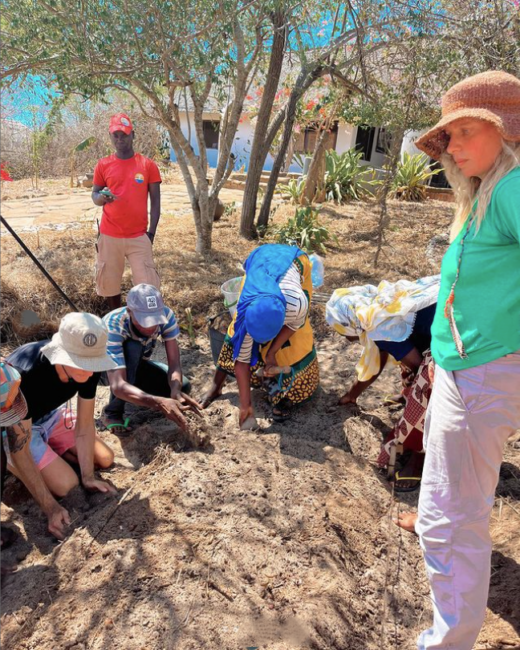
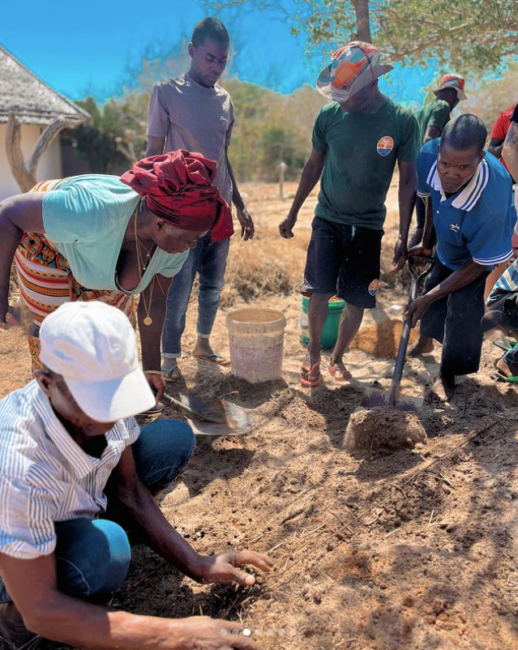
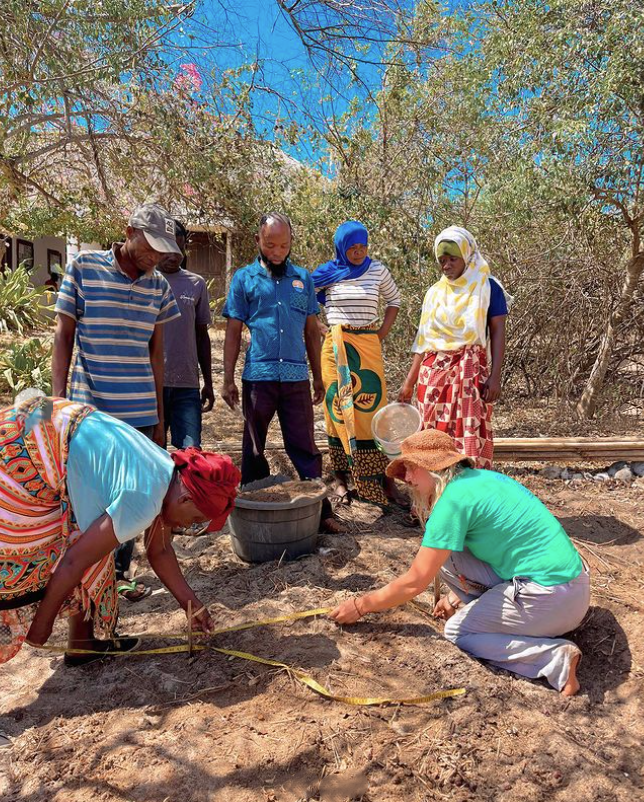
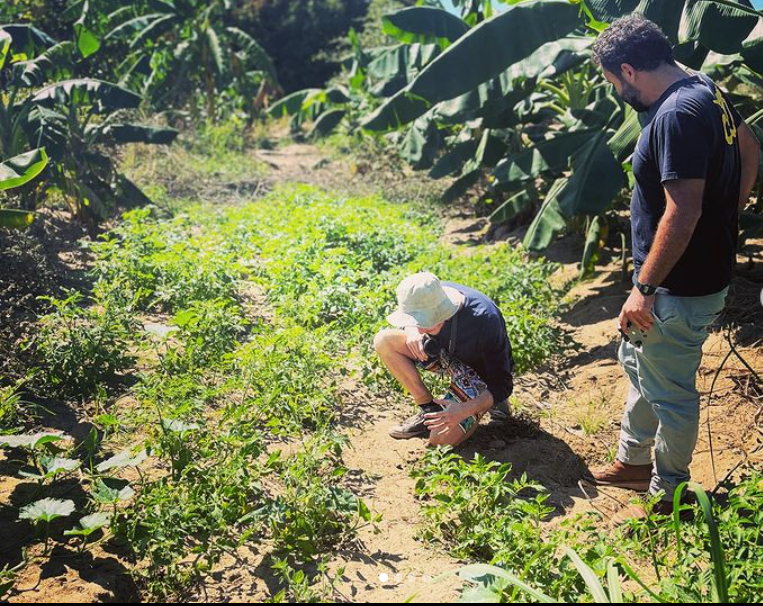
These help to direct water between crops along specifically contoured lines.
The challenge of growing crops in an environment like this is daunting – 4 months of rain, follwed by 8 months of heat and dryness are not the most conducive to growing crops, but iDE believed in our tenets and training plan enough to give it the green light.
We will be sharing tropical agri-foresty studies, encouraging growing in harmony with what we are provided. The message is that if you support everything, it will give back to you and whatever is left goes back to the earth to enrich it further; regenerative farming.
We hope to foster a strong desire to adopt this for current and future value – planting, learning, teaching, keeping some produce to eat and sending some to market.

